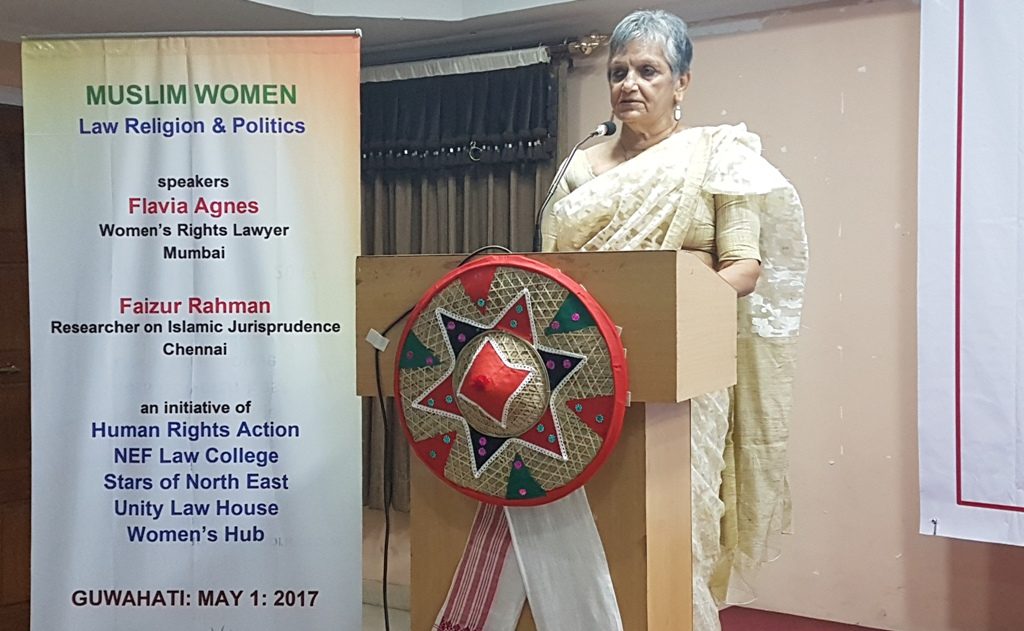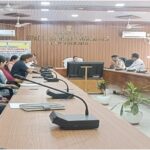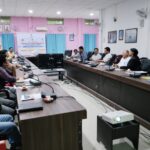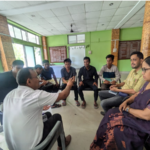GUWAHATI, May 3: A legal discourse on the topic “Muslim Women – Law, Religion, & Politics” was held at the NEF Law College Auditorium in the city on Monday. The invited speakers at the discourse were Flavia Agnes and A Faizur Rahman, who were in the city to participate in a programme hosted by the National Law University, Guwahati. The welcome address at the outset was delivered by Salma Hussain, TAN Youth Icon of Assam (2016).
Flavia Agnes is a lawyer with expertise in marital, divorce and property law and has written and published numerous articles, some of which have appeared in the journals Subaltern Studies, Economic and Political Weekly, and Manushi on the themes of minorities and the law, gender and law, and law in the context of women’s movements and on issues of domestic violence and feminist jurisprudence. Since 1988, Agnes has been a practising lawyer at the Mumbai High Court. Her own experience with domestic violence inspired her to become a women’s rights lawyer. She also advises the Government on law implementation and currently advises the Ministry of Women and Child Development in Maharashtra.
She said, “In 1990, we formed an all women group and from there we started our work. Our keyword is ‘justice.’ To start with, we took up programmes for training lawyers, orienting the judges, and creating awareness among the stakeholders about how law works.” She said most of the issues relating to denial of a woman’s rights are prevalent in all communities and as such it would be wrong to blame any one particular community for oppression and suppression of the women.
A Faizur Rahman, is an independent researcher on Islamic jurisprudence and founder Secretary General of the Chennai-based ‘Islamic Forum for the Promotion of Moderate Thought.’ As Secretary General of the Forum, Rahman has been expressing the view that Muslims ought to be educated to live harmoniously in pluralistic societies such as India, particularly where they are in a minority. He believes that the Muslims must assert their identity in terms of true character and contribution of value based service to the society in tune with Islam rather being obsessed with external identity markers like the beard or the “burqa” (veil).
He explained the system of marriage and divorce in Islam in very simple and lucid language, in the light of the holy Quran, and it was appreciated by the audience. He pointed out that the total number of divorced Muslim women, according to the latest Census report, is only 0.025 per cent of the total number of women in the Muslim population in India. Only a smaller percentage of these women could be affected by triple talaq. He stressed that the number is so miniscule that there is no reason to get panicked over it.
The interactive session that followed generated a number of queries which the speakers tackled with facts, figures, and confidence. Zakir Hussain, Director, NEF Law College, offered the formal vote of thanks. Tinat Atifa Masood anchored the event. Five like minded groups and institutions – Human Rights Action, NEF Law College, Stars of North East, Unity Law House, and Women’s Hub – facilitated the event. About 150 lawyers, teachers, students, members of the civil society attended the discourse. TMN







